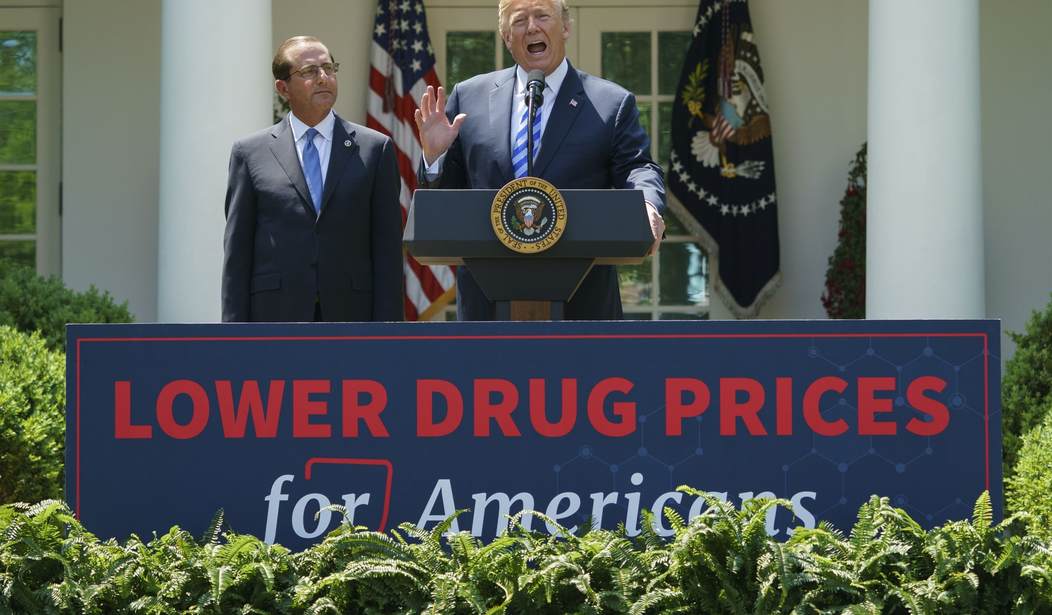For over a decade, prescription drug prices have soared with no end in sight. Price hikes have forced 1 in 10 Americans to ration their prescription drugs. This dangerous practice has taken the lives of at least 10 Americans—many of them never saw their 30th birthday. Some parents found second jobs to pay for their children’s prescription drugs and others dived deep into debt to cover their drug bills.
Unlike with other industries and companies, consumers can’t boycott the pharmaceutical giants or opt for affordable generic drugs because, in many cases, there aren’t any generics available. The largest pharmaceuticals have cornered the market, leaving millions of consumers dependent on only a handful of companies. This allows the pharmaceutical industry to price gouge.
Between 2016 and 2017, pharmaceuticals increased the price of 96 drugs that over 1 million Medicare beneficiaries depend on by more than the rate of inflation. For example, while the inflation rate hovered below 2 percent during that period, Novo Nordisk increased the price of its Novolog Flexpen, which 550,000 diabetics on Medicare depend on, by 11 percent. At the same time, Pfizer placed a 15.7 percent price increase on its fibromyalgia drug Lyrica, which 900,000 Medicare beneficiaries take. In other words, prices went up, but the value in our wallets haven’t.
These steep prices have left nearly 1 in 4 Americans, particularly older people with low incomes, struggling to afford their prescription drugs. What can they do in this situation? Left without any options, many have had to take a second shift at work, take out a loan, or dip into the little savings they have.
Recommended
However, the good news is that there may be an end in sight to rising prescription drug costs. After public outcry and media reports on rising drug costs, Congress has taken steps to address the problem.
In July, Senators Chuck Grassley (R-IA) and Ron Wyden (D-OR) introduced the Prescription Drug Pricing Reduction Act (PDPRA) before the Senate Finance Committee, where it passed with a landslide vote (19-9). If the bill is enacted, it would be the first comprehensive measure to address rising prescription drug prices in recent memory.
The PDPRA would disincentivize price gouging by penalizing pharmaceutical companies that raise their prices faster than the rate of inflation. The bill would also cap out-of-pocket expenses for Medicare beneficiaries with high drug bills. And, if passed, the bill would save Medicare beneficiaries $25 billion in out-of-pocket drug expenses and would save taxpayers over $100 billion.
The PDPRA has a dual-purpose: to improve drug costs and to help us get our deficits in order. But, it also has a political function for Republican candidates in my home state of Alabama and in battleground states like Arizona and Colorado. Republicans in tough races would benefit electorally by supporting the bill.
By backing the PDPRA, Congress has the opportunity to provide relief to millions of Americans, take another step in improving the nation’s fiscal situation, and hold pharmaceutical companies accountable for their prescription drug price gouging. With lawmakers' help, Americans can finally get some peace of mind.

























Join the conversation as a VIP Member